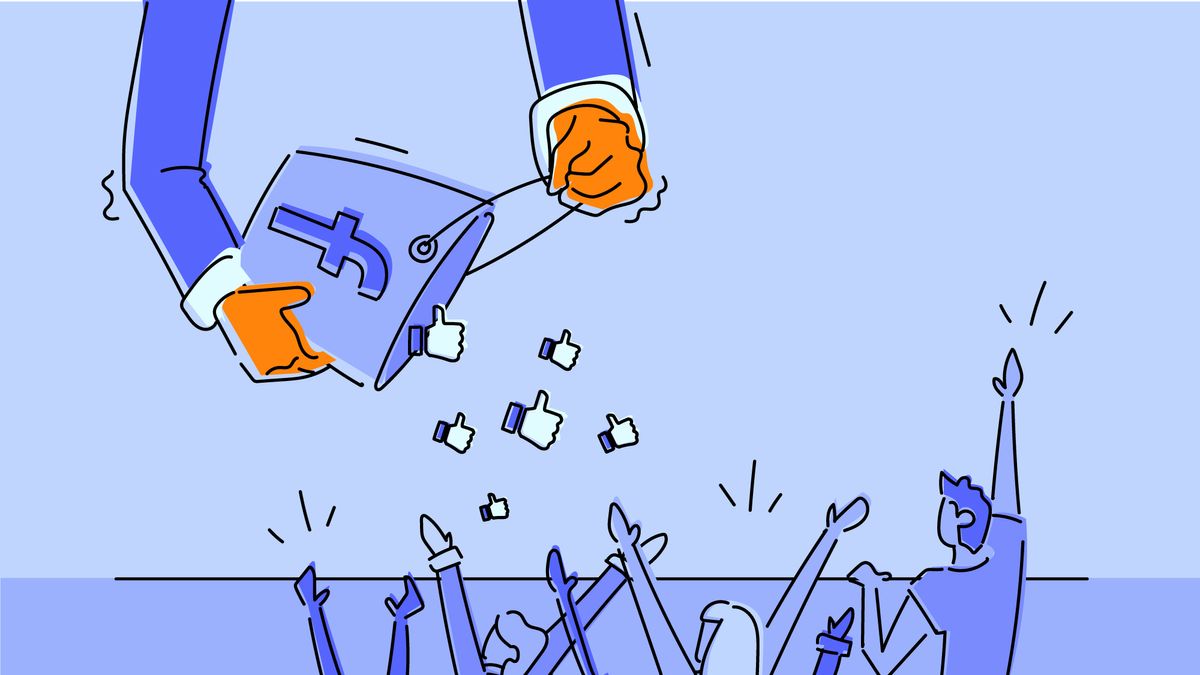You Think You’re The Addict, But You’re Really The Dealer

You use social media but you hate it. The wasted time, the feeling of unrealness, of comparison. You've heard about those studies pointing to the conclusion that it's bad for you and that the more you consume, the more it will hurt you. But what else is new? Nothing fed to you by the various megacorps is particularly good for you. Why is this any different?
The difference is that unlike Netflix, junk food, and cigarettes, with social media you're on the supply side too. It's said that if a product is free, the product is you. On a blog, that just means that your pageviews are sold to advertisers: you are the product in the sense that your attention is being monetized. But on social media, you are also the product in a different sense: your engagement is distilled and fed back to other users.
As a social media user, you're like a smoker who's also a tobacco farmer. You consume the product but then go on to provide fresh tobacco for cigarette companies to process, market, and distribute. It's your raw materials that are concentrated into a convenient and addictive product that you can carry right in your pocket.
This reality means that aside from hurting yourself, your social media use is almost invariably hurting others as well. Your manipulated content is not just pushed to others, but to those in your circle especially. And not only your circle, but to the most vulnerable especially.[1] You're the reason your friends are addicted.
But how could my cute photos and comments hurt and addict people? I'm not posting fake news or angry screeds.
A photo, post, or comment that might be harmless in isolation is spun into an aggregate that is mental-health destroying. By tuning for "engagement", social media feeds are being optimized for addictiveness and psychological impact. Coca leaves make for an enjoyable fizzy treat, but concentrate it into crack cocaine and it's bad news.
Ok, but I don't really post, I'm just a lurker.
I say "engagement" is used to harm because social media doesn't even need your content. Just having a profile means you'll be tagged in photos, posts, and events, which will be used to pique FOMO in others. Lurkers often still occasionally like or comment and usually it's these micro-interactions that are most addictive. As lurkers are the bulk of users, in some ways they're like the marginal voter. Yes, they're not "active", but they're who determine the outcomes. Your presence or lack thereof finishes the product by training the algorithm on the type of content it should be pushing. You may not be dealing the crack, but you are filling out the customer satisfaction surveys.
People are notoriously bad at taking medicine prescribed to them, but are actually pretty good at ensuring that their dogs get their medicine.[2] Just like with junk food, we're okay with the occasional guilty pleasure, and might even enjoy the sin of indulgence. But would you force-feed pop tarts to your friends? If not, you shouldn't feed likes to your social media addicted friends either. Kicking a habit is tough, and helping someone else to do it is similarly no picnic. Social media is a case where you do have agency in someone else's addiction.
So if you've been thinking about it, quit already. If not for you, then for your friends.
Thanks to Uri, Kaamya and Applied Divinity Studies for reading drafts of this.